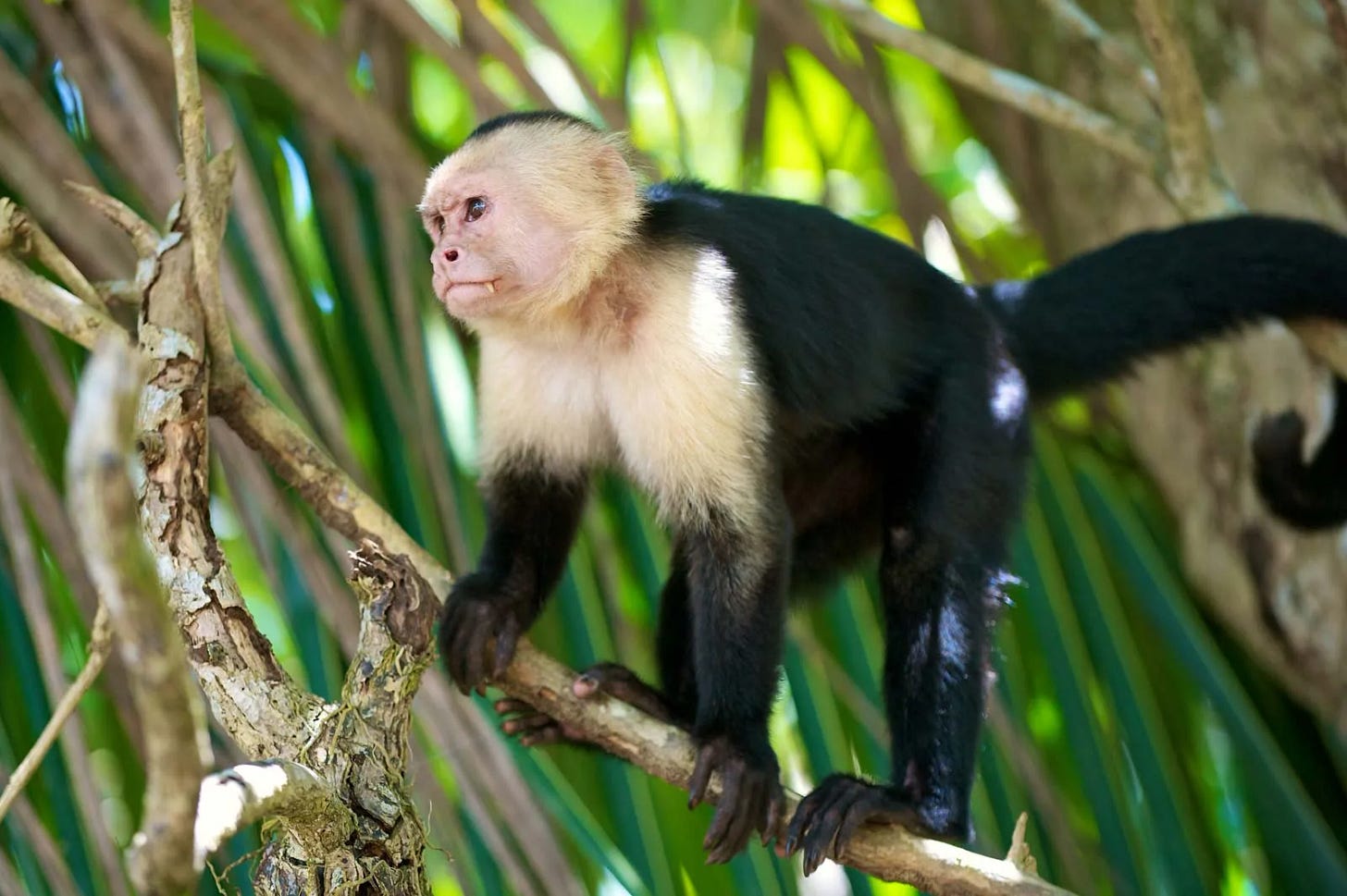Can animals lie or deceive?
In the animal kingdom, survival is the name of the game. But what does it take to stay alive? Speed, strength, and sharp claws are all useful tools, but there's another skill that you might not have considered: the ability to lie.
Yes, you read that right. It seems that some animals have mastered the art of deception to gain an edge in the wild. But can animals truly lie? Let's delve into this fascinating subject.
The Definition of a Lie
First, we need to clarify what we mean by a "lie". In human terms, lying involves intentionally communicating false information to deceive someone else. It requires understanding that what you're saying isn't true and that the other person doesn't know the truth. This kind of deception needs a certain level of cognitive sophistication that some scientists argue animals might not possess. However, if we broaden our definition of lying to include any form of deception that leads another being to behave in a way that benefits the deceiver, then we are certainly in the realm of animal capabilities.
The Crafty Cuckoo
One of the most well-known examples of animal deception comes from the bird world. The cuckoo bird, rather than building its own nest and taking care of its eggs, chooses a more cunning approach. It locates the nests of other bird species, removes one of the existing eggs, and replaces it with one of its own. The host bird, not recognizing the deception, incubates the cuckoo's egg and raises the chick as if it were its own.
Is this lying? Technically, the cuckoo isn't telling an untruth verbally, but it is certainly deceiving other birds into raising its offspring. This deceptive behavior benefits the cuckoo, allowing it to conserve energy and resources that it would otherwise spend on rearing its young.
The Mimic Octopus
In the underwater world, we find the mimic octopus, a creature that takes deception to a whole new level. This octopus is capable of changing its shape, color, and behavior to resemble other sea creatures, effectively "lying" about its identity to both predators and prey.
For instance, it can impersonate a venomous lionfish or a sea snake, deterring would-be predators with the threat of venom. In a way, the mimic octopus is like a master of disguise, using its ability to deceive as a survival strategy.
Capuchin Monkeys: Masters of Deception
Even closer to humans, Capuchin monkeys have been observed to use deceptive tactics. In a fascinating study, researchers found that lower-ranking monkeys would often give false alarm calls, suggesting a predator was nearby. Why? When the rest of the group scattered, these crafty Capuchins would take the opportunity to steal food.
In these cases, it's clear that these animals are intentionally causing others to believe something that isn't true for their own gain. They are, in essence, lying.
The Complexity of Animal Deception
While these examples make a strong case for animals being capable of deception, it's important to remember that this doesn't necessarily mean they are consciously lying in the way humans do. Animal deception is typically instinctual or learned behavior aimed at survival, not the result of conscious manipulation.
So, can animals lie? If we define lying as the deliberate act of deception for personal gain, then yes, they can. But if we're talking about lying in the human sense, where one understands the concept of truth and intentionally communicates falsehoods, the jury is still out. One thing's for certain though: the animal kingdom is full of surprising and complex behaviors that we're only beginning to understand.
Keep reading with a 7-day free trial
Subscribe to The BURNER * to keep reading this post and get 7 days of free access to the full post archives.



